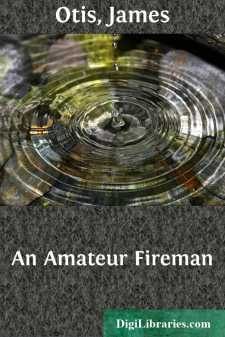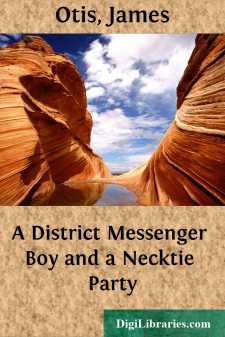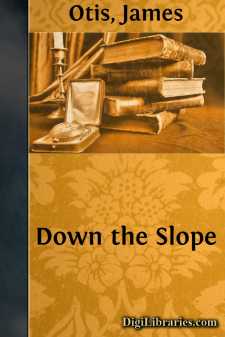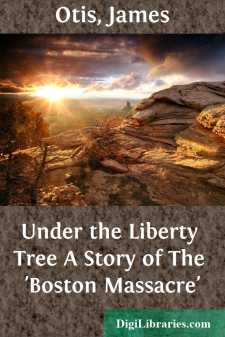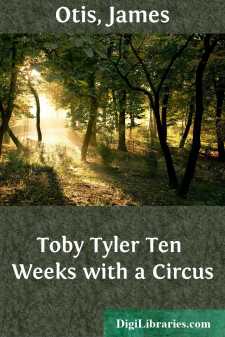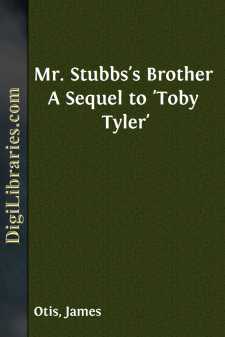Categories
- Antiques & Collectibles 13
- Architecture 36
- Art 48
- Bibles 22
- Biography & Autobiography 813
- Body, Mind & Spirit 142
- Business & Economics 28
- Children's Books 17
- Children's Fiction 14
- Computers 4
- Cooking 94
- Crafts & Hobbies 4
- Drama 346
- Education 46
- Family & Relationships 57
- Fiction 11829
- Games 19
- Gardening 17
- Health & Fitness 34
- History 1377
- House & Home 1
- Humor 147
- Juvenile Fiction 1873
- Juvenile Nonfiction 202
- Language Arts & Disciplines 88
- Law 16
- Literary Collections 686
- Literary Criticism 179
- Mathematics 13
- Medical 41
- Music 40
- Nature 179
- Non-Classifiable 1768
- Performing Arts 7
- Periodicals 1453
- Philosophy 64
- Photography 2
- Poetry 896
- Political Science 203
- Psychology 42
- Reference 154
- Religion 513
- Science 126
- Self-Help 84
- Social Science 81
- Sports & Recreation 34
- Study Aids 3
- Technology & Engineering 59
- Transportation 23
- Travel 463
- True Crime 29
James Otis
James Otis was an influential American lawyer and political activist during the early stages of the American Revolution. Best known for his phrase "Taxation without representation is tyranny," Otis fiercely opposed British policies and argued for the colonists' rights. His work and oratory helped lay the intellectual groundwork for the American independence movement.
Author's Books:
Sort by:
by:
James Otis
THE AMATEUR. "I ain't sayin' as how I could run a whole fire, same as some of the chiefs do; but when it comes to drivin' an engine, Dan Roberts, an' doin' it in time to get the first water, or layin' hose, I wouldn't knuckle down to the biggest man in the Department." "Now see here, Seth Bartlett, what's the sense of talkin' that way? It would...
more...
by:
James Otis
CHAPTER I. AN ADVERTISEMENT. A small boy with a tiny white dog in his arms stood near the New York approach to the Brooklyn Bridge on a certain June morning not many years since, gazing doubtfully at the living tide which flowed past him, as if questioning whether it might be safe to venture across the street. Seth Barrows, otherwise known by his acquaintances as Limpy Seth, because of what they were...
more...
by:
James Otis
CHAPTER ITHE ISLAND In the year of grace 1758 there were two families living on that island which we of to-day call Mount Desert; but Champlain named Mons Deserts, because its thirteen high, rugged mountains could be seen from the seaward a distance of twenty leagues, making it the first landmark of the coast for seamen. It is said, by those gentlemen who write down historical facts for us young people...
more...
by:
James Otis
CHAPTER I. DICK'S DADDY. etween Fox Peak and Smoke Creek Desert, on the western edge of the State of Nevada, is a beautiful valley, carpeted with bunch grass, which looks particularly bright and green to the venturesome traveller who has just crossed either of the two deserts lying toward the east. "Buffalo Meadows" the Indians named it, because of the vast herds of American bison found...
more...
by:
James Otis
CHAPTER I. UNWILLING PASSENGERS. "What is your name, boy?" "Joe Curtis, sir." "And your number? " " Two hundred and ninety-seven." " Very well, now listen to what I say, and see that you do exactly as I tell you. I am going to Providence by the Sound steamer that sails in an hour and a half; take these tickets, go to the office of the boat, get the key of the...
more...
by:
James Otis
CHAPTER I THE BREAKER BOY "Jest moved here, eh?" "Came last Friday." "And you are going into the breaker?" "Yes." "For thirty-five cents a day?" "That is all the company pays, and a green hand can't expect to get more." "Were you ever in a mine before?" "I never even saw one." "A trip down the slope will be enough to make you wish...
more...
by:
James Otis
CHAPTER I. THE LIBERTY TREE. It was on the evening of February 21, 1770, in the city of Boston, that a party of boys, ranging in age from ten to eighteen years, were assembled at what was known as "Liberty Hall," which was not a building, but simply the open space sheltered by the wide-spreading branches of the "Liberty Tree." Although General Gage's troops occupied the city, and...
more...
by:
James Otis
Chapter I. TOBY'S INTRODUCTION TO THE CIRCUS. "Couldn't you give more'n six pea-nuts for a cent?" was a question asked by a very small boy, with big, staring eyes, of a candy vender at a circus booth. And as he spoke he looked wistfully at the quantity of nuts piled high up on the basket, and then at the six, each of which now looked so small as he held them in his hand....
more...
by:
James Otis
Chapter I. Young Soldiers. It sounds like an unreasonable tale, or something after the style of a fairy-story, to say that a party of lads, drilling with wooden guns, were able, without being conscious of the fact, to frighten from his bloody work such a murderous, powerful sachem as Thayendanega, or Joseph Brant, to use his English name, but such is the undisputed fact. It was the month of May in the...
more...
by:
James Otis
THE SCHEME "Why, we could start a circus jest as easy as a wink, Toby, 'cause you know all about one an' all you'd have to do would be to tell us fellers what to do, an' we'd 'tend to the rest." "Yes; but you see we hain't got a tent, or bosses, or wagons, or nothin', an' I don't see how you could get a circus up that way;" and the...
more...


